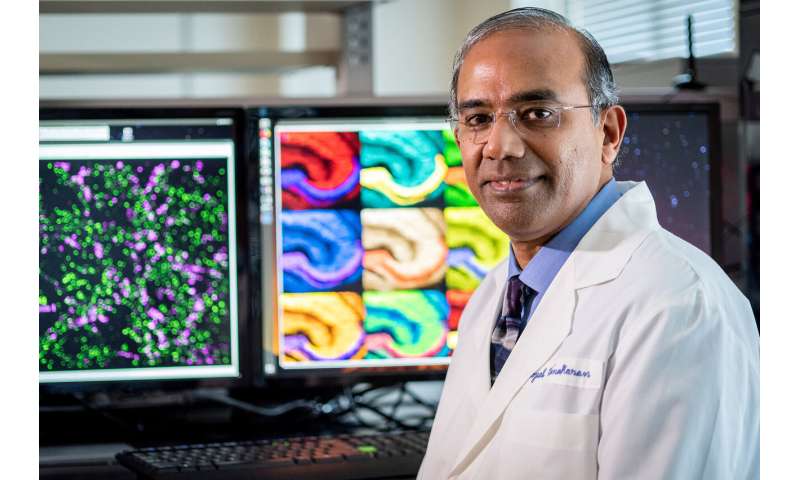
Bridging integrator 1, known as BIN1, is the second most common risk factor for late-onset Alzheimer’s disease, according to genome-wide studies of genetic variants. Yet, scientists know little about what this protein does in the brain.
Now a new preclinical study has discovered that a lack of BIN1 leads to a defect in the transmission of neurotransmitters that activate the brain cell communication allowing us to think, remember and behave. Led by Gopal…



























